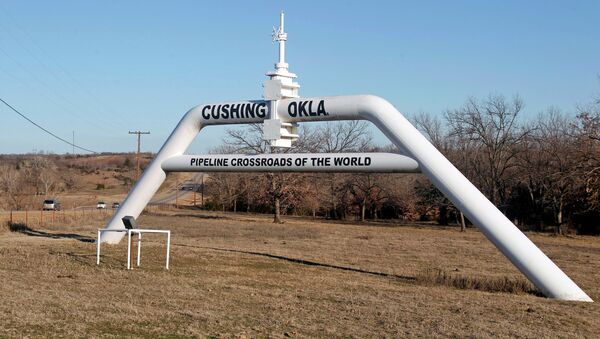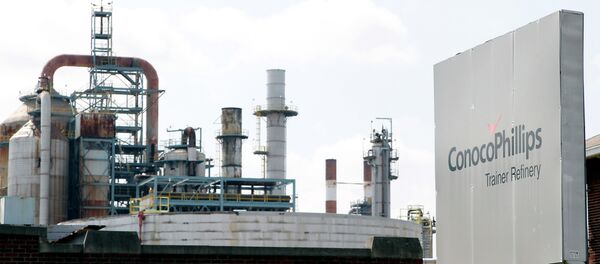“I can tell you that by the next administration, whether it’s Democrat or Republican, I don’t believe it will matter, we will be exporting crude oil. Certainly by the time the next administration is involved,” McConnell who currently heads Rice University's Energy and Environment Initiative said.
The United States introduced an export ban on crude oil in the 1970s in response to the OPEC oil embargo, which led to a rapid rise in world oil prices.
McConnell claimed that the legislation was politically motivated.
“Truth of the matter is at that period of time the United States was not exporting much crude oil anyway. We didn’t have that much production to export globally. It was passed as more of politically motivated protectionism, so that the administration at the time could make a statement to the people in this country that they were taking steps to ensure people’s energy security,” he explained.
McConnell said that the US crude oil embargo does not match up to the policy of a country “that professes to be interested in global markets with supply and demand and free trade.”
McConnell emphasized that the United States has started generating more crude oil but claimed that refineries in Europe were better equipped to process the US oil.
“The fact is that much of that crude oil is not well-suited for refineries in the United States, and better suited for refineries in places like Europe. They are much more technically suitable for the crude oil that we are now finding,” he concluded.
Last week, Senate Energy and Natural Resources Committee Chairman Lisa Murkowski said she would push this year for legislation to end the decades-long export ban on US crude oil.
Earlier in April, US third-largest integrated energy company ConocoPhillips CEO Ryan Lance testified before the US Senate Committee on Energy and Natural Resources, where he argued that lifting the ban would create jobs, lower gasoline prices and strengthen US political standing.




